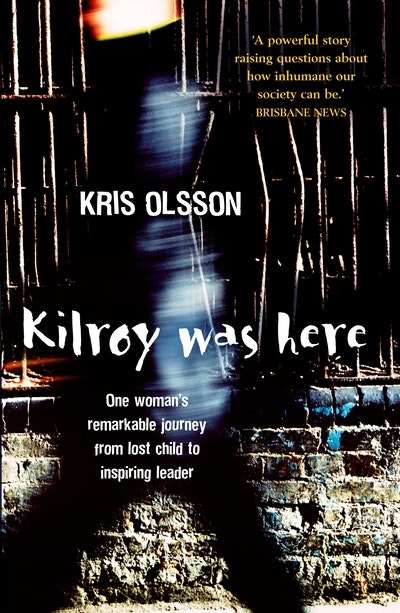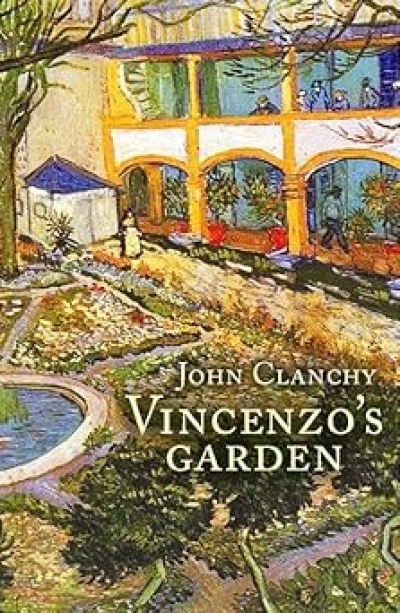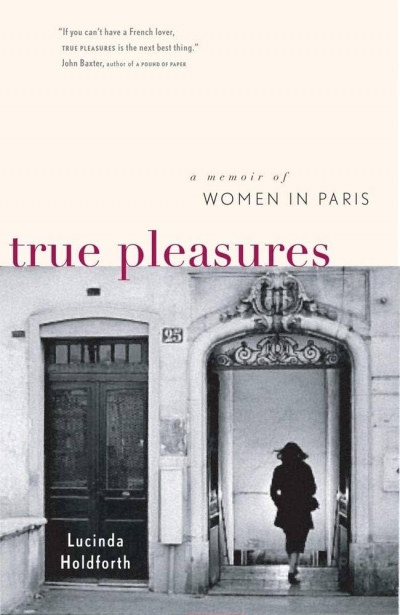Christina Hill
Beyond The Legend by Noni Durack & Out Of The Silence by Wendy James
by Christina Hill •
Kilroy Was Here by Kris Olsson & Desperate Hearts by Katherine Summers
by Christina Hill •
True Pleasures: A memoir of women in Paris by Lucinda Holdforth
by Christina Hill •






